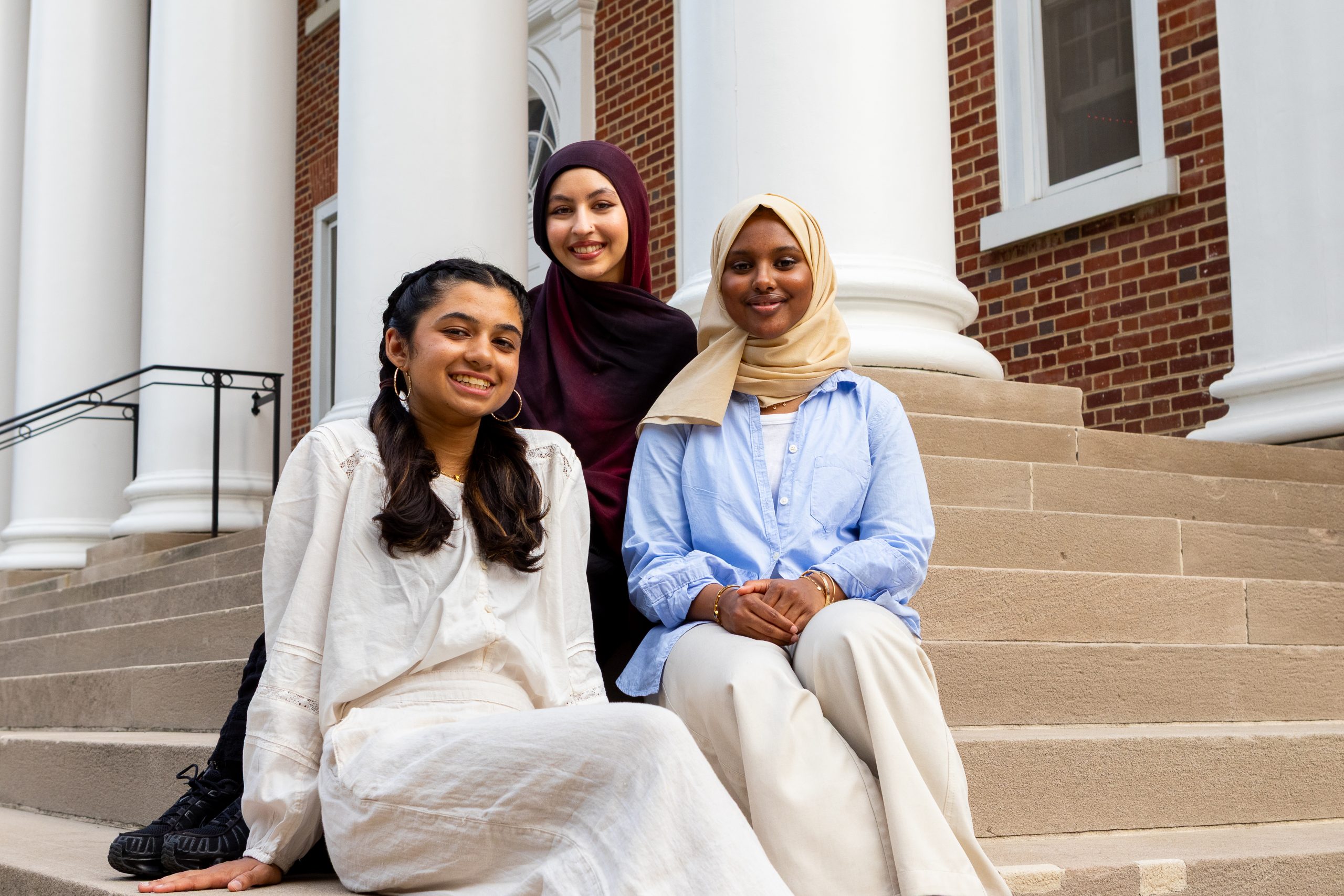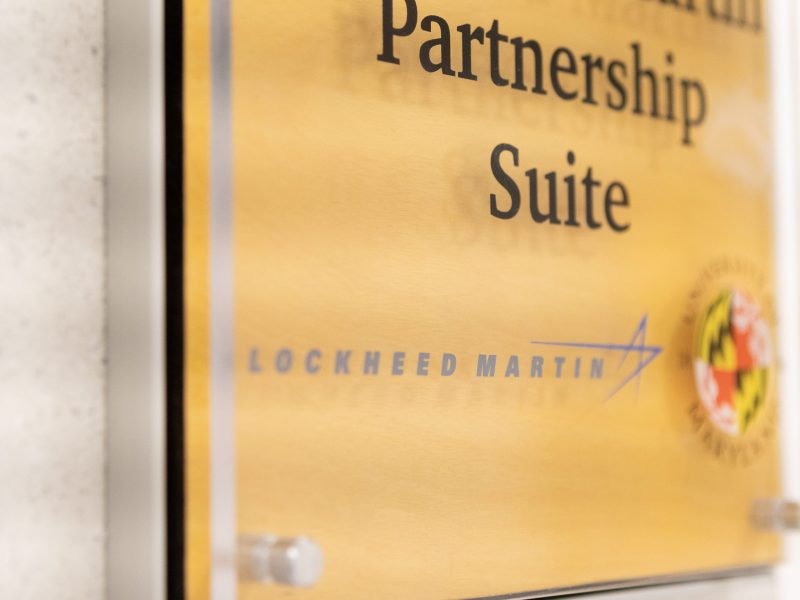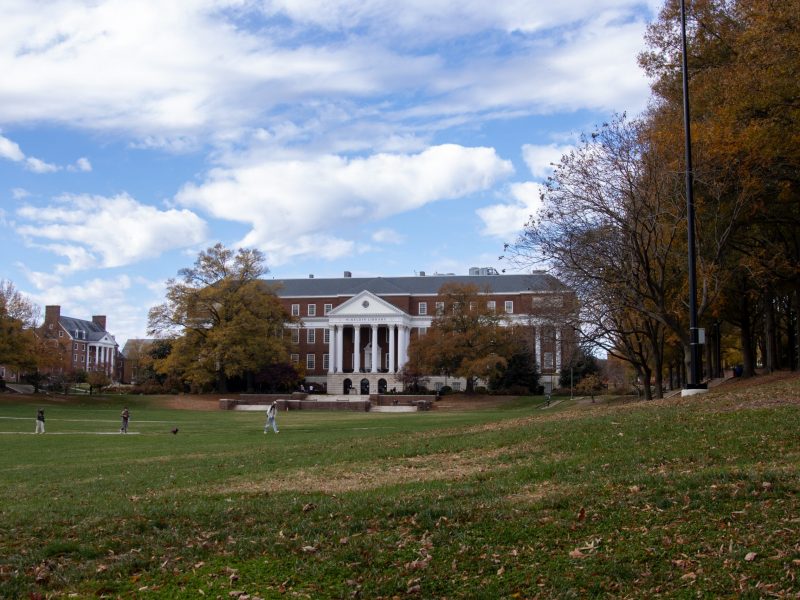The University of Maryland’s first Muslim student newspaper emerged from the mind of one student last October. Now less than a year later, the newspaper consists of a 16-member staff and has published more than two dozen pieces relating to this university’s Muslim community.
Al-Hikmah — meaning “the wisdom” in Arabic — aims to bring this university’s diverse Muslim population closer by covering local cultural events and global news, according to Riona Sheikh, the publication’s founder and editor in chief.
Another objective of Al-Hikmah’s mission is “bringing a voice to issues that Muslims struggle with on campus,” the junior international relations major said.
Sheikh explained she chose the name “Al-Hikmah” because in Islam it signifies the just, fair and intentional application of knowledge. Like many Arabic words, its meaning exceeds the limits of a direct English translation, she told The Diamondback.
Al-Hikmah is an entirely online publication and consists of five sections: community, faith, global, opinion and photo.
[UMD students honor lost Palestinian lives with campus art demonstration]
The newspaper received a mini-grant in 2024 from the public policy school’s Do Good Institute, which rewards funding for student-led projects seeking to make positive social or environmental change. Sheikh used the grant money to fund the creation of Al-Hikmah’s website.
She decided to start the newspaper last fall after seeing videos online of Palestinian and Sudanese children crying out for basic needs such as food and water on the news.
“It just made me feel like more people should know about this,” Sheikh said. “We should have these people on our mind, so that we can help them. And I felt like there’s no better way to have people on your mind than a newspaper that’s constantly reporting on different topics.”
Since its establishment, Al-Hikmah has published stories on news related to this university’s Muslim Student Association and Israel’s offensive in Gaza. The paper has also covered on-campus events including last spring’s Boycott Israel Fest, the Muslim Student Association’s semesterly Sisters’ Gala and an “Ethics in the Job Search” workshop.
Mariam Ahmed, a sophomore social data science major who writes for Al-Hikmah’s community section, said joining the newspaper introduced her to new clubs and events. She hopes the publication can help do the same for both Muslim and non-Muslim readers.
“It’s important for minorities to have their space to tell their stories,” she said. “And share with the rest of the UMD community what their culture is about.”
Sophomore civil engineering major and Al-Hikmah editor Sara Kamili said the newspaper has allowed her to become more aware of campus journalism and connect with people who she might not have crossed paths with otherwise.
[Women who fled Afghanistan share their stories at UMD panel]
Al-Hikmah’s team has grown steadily since it published its first article last November, experimenting with and learning to adapt to different work systems along the way, according to its staff.
Amna Tariq, a staff photographer, said although the staff experienced occasional difficulties in communication as numbers grew last semester, the team quickly addressed any issues and learned to work through the transition together.
“As we’re expanding, these problems are going to be popping up,” the senior psychology major said. “Now we’re trying to understand where problems could arise in communication and making sure everyone is working as a unit.”
“We’re a pretty great team,” Kamili said of the Al-Hikmah staff.
A feature of the publication that has always held true from the beginning is its strict fact-checking policy, Sheikh said.
Each story goes through multiple rounds of edits, she said. Sheikh also edits and fact checks every story to ensure accuracy and credibility.
Sheikh said she wants to focus on strengthening Al-Hikmah’s community and faith sections this year. She also hopes to begin experimenting with videography work and looking into producing at least one print cycle, she said.
“As immigrants and children of immigrants, we’re so often pushed towards STEM and those fields … neglecting our hobbies.” Sheikh said. “When you have something like a newspaper that’s very humanity centric, it kind of helps people remember their hobbies and remember the art and find joy in that.”



